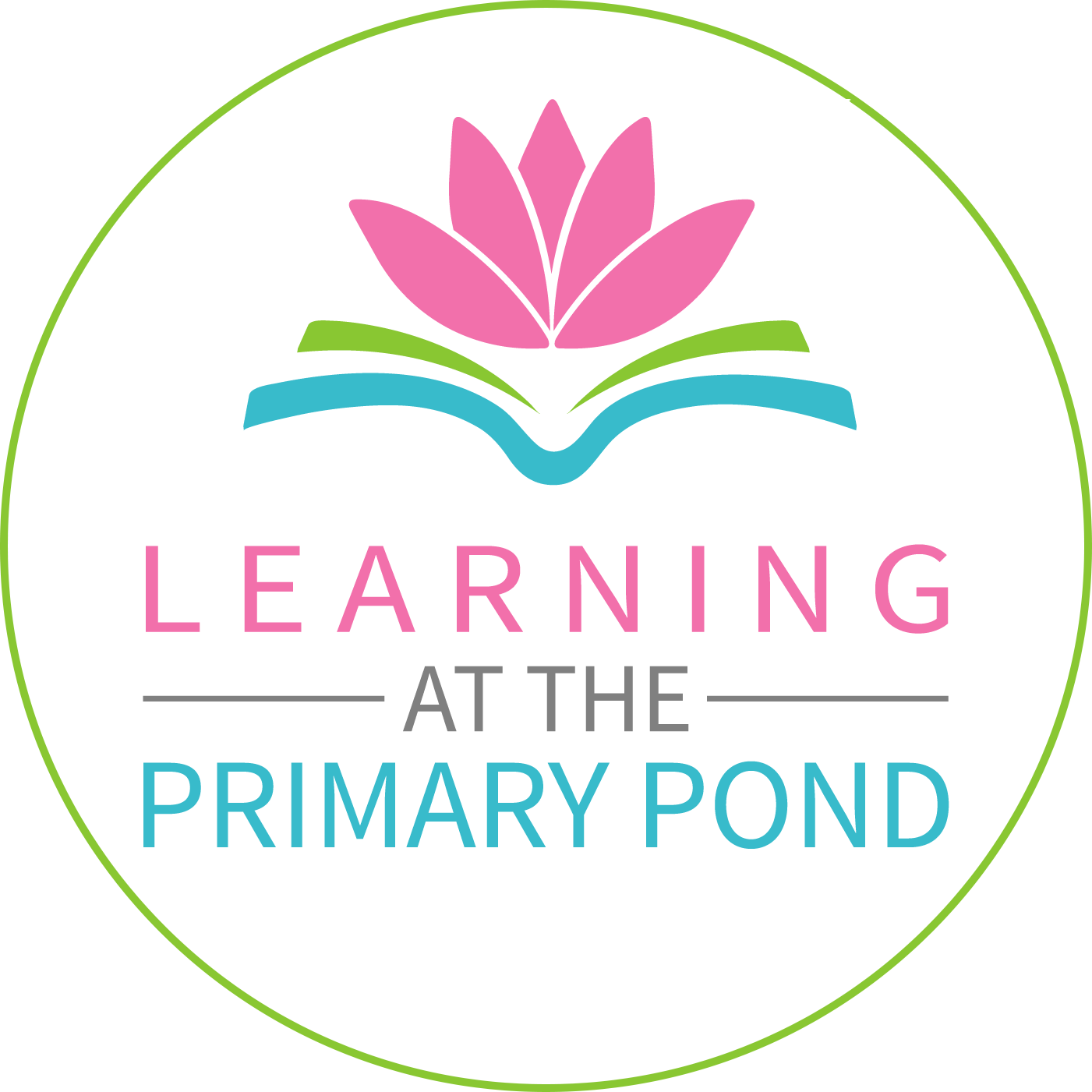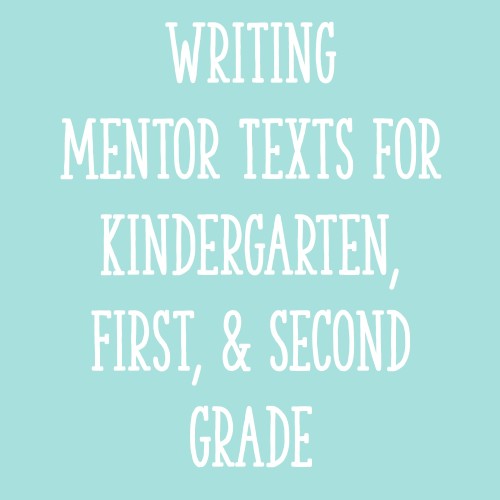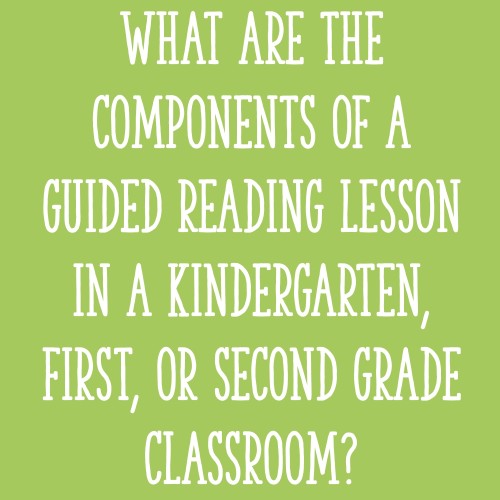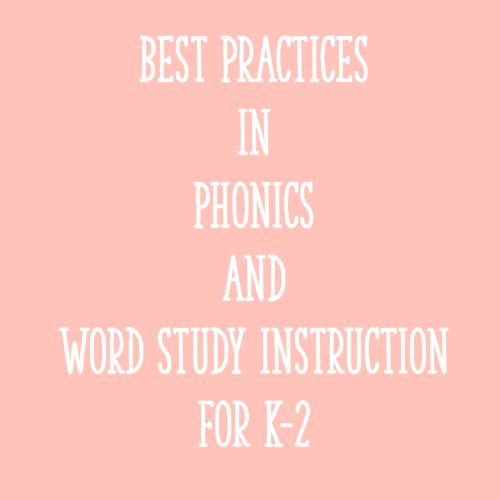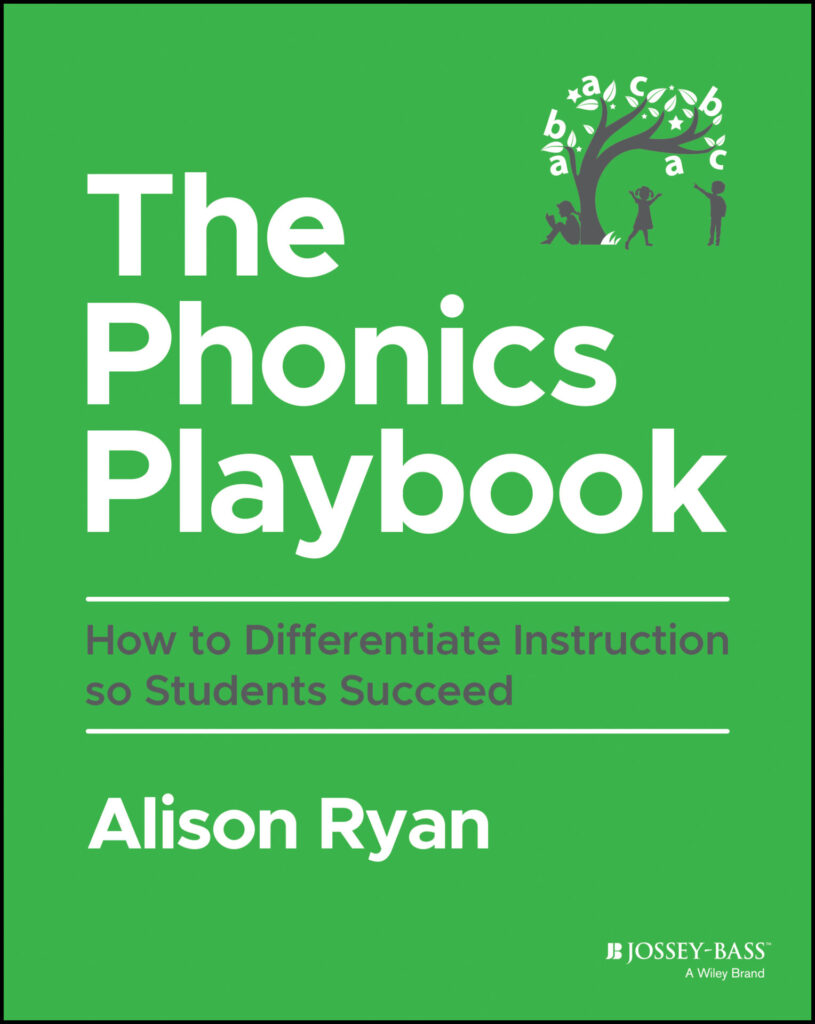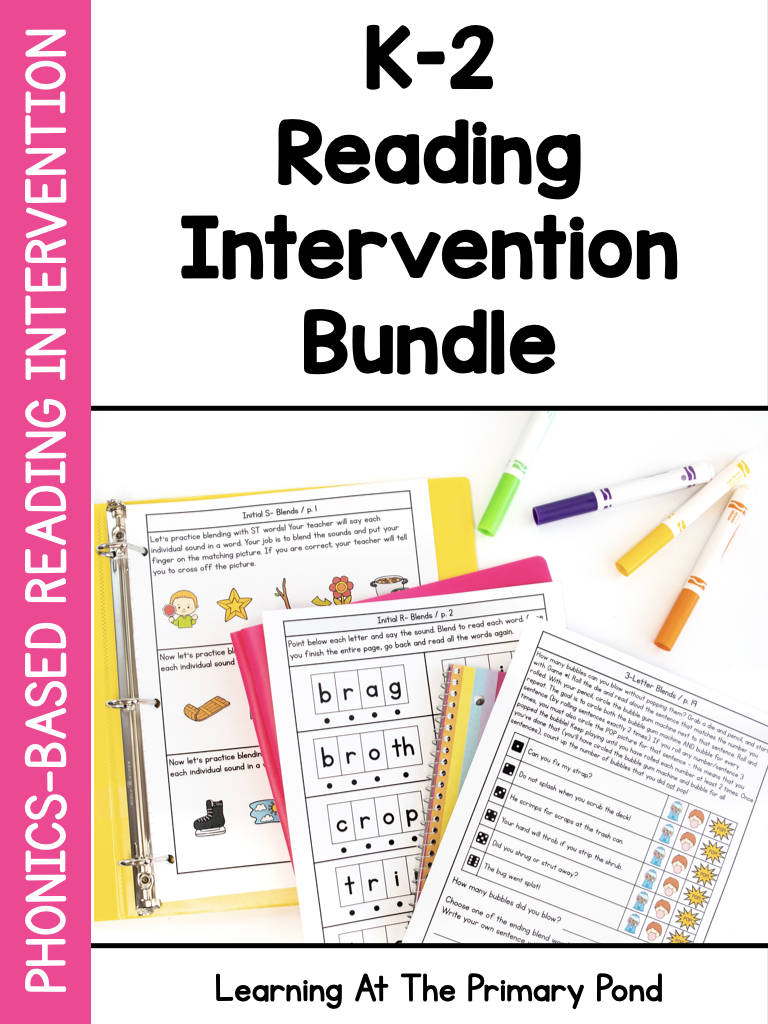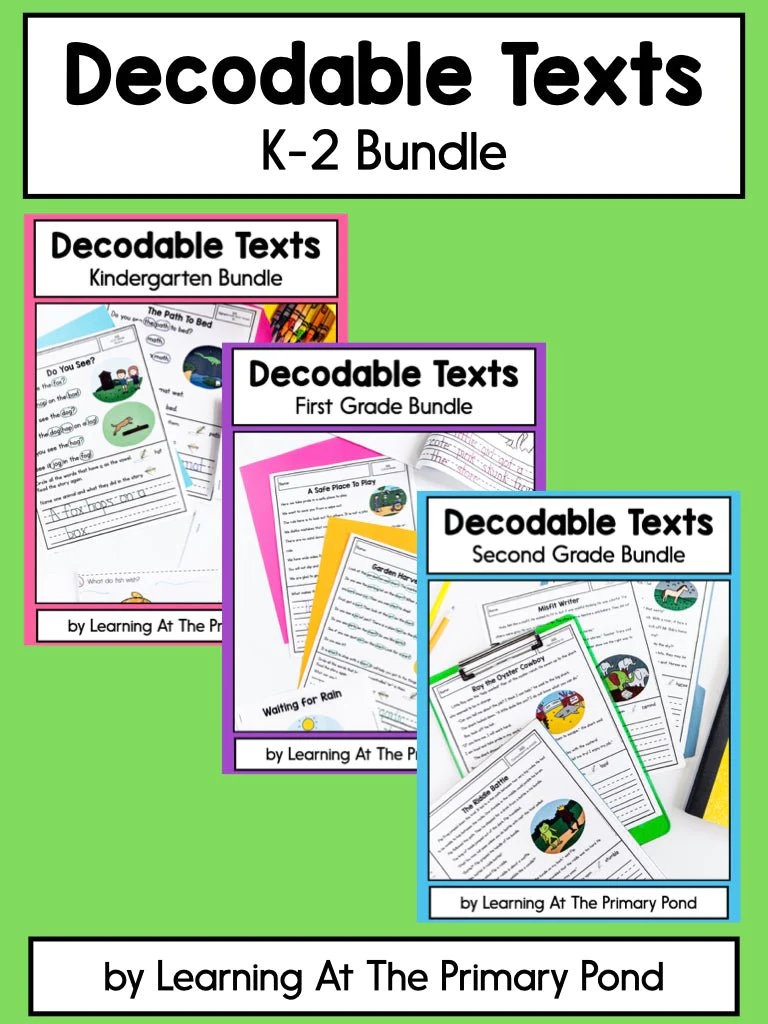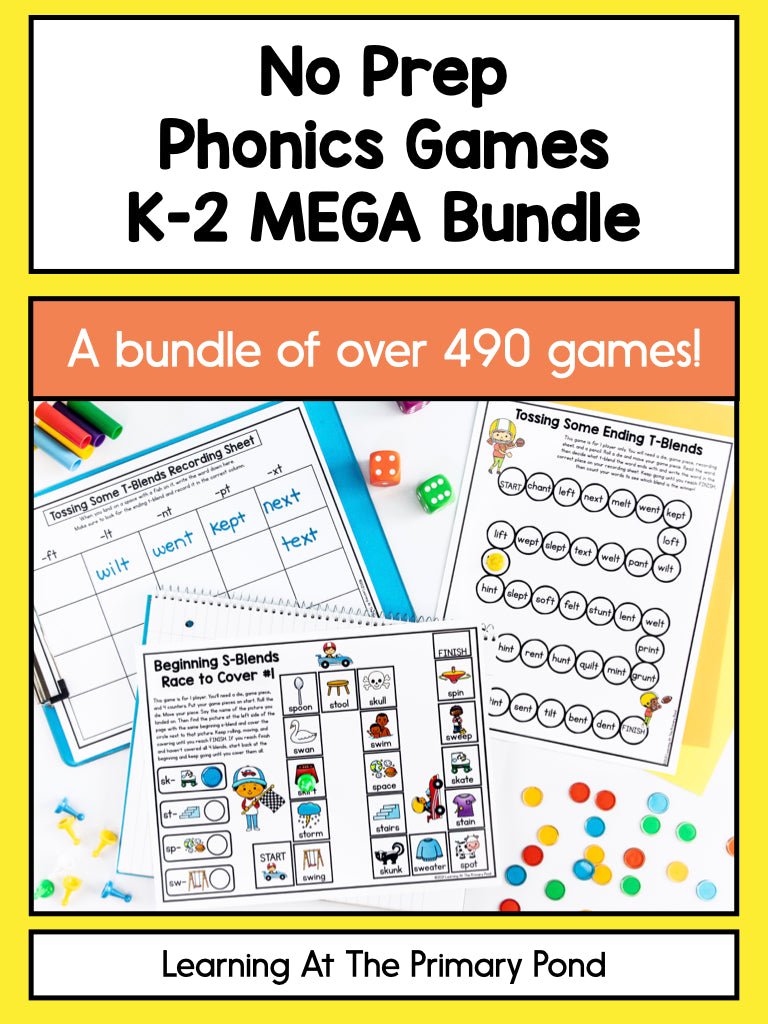As a reading specialist, you play a crucial role in shaping young minds and fostering a love for reading. When you begin the school year with new students, however, it can feel like “system overload!” You’re trying to plan your physical space, assess, make sure you have materials ready, and begin to develop relationships with students, too.
But the start of a new school year can also be so special and fun! It’s an excellent opportunity to set the tone for success, establish meaningful relationships, and create effective strategies to support your students. Here are three tips to help you start the year strong and make a lasting impact on your students’ reading journeys.
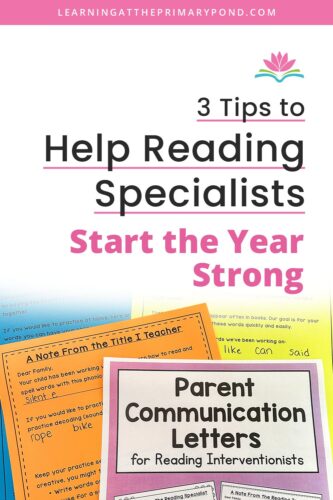
1. Build Relationships with Students and Colleagues
The foundation of a successful school year lies in the relationships you build. Strong connections with students and colleagues create a supportive and collaborative environment conducive to learning and growth.
Get to Know Your Students Personally and Academically
- Conduct Initial Assessments: Begin the year by assessing students’ reading levels, strengths, and areas needing improvement. Use a variety of assessment tools to gather comprehensive data.
This free phonics diagnostic assessment is an example of such a test. It will allow you to see what phonics skills a child has mastered (in terms of decoding and spelling).
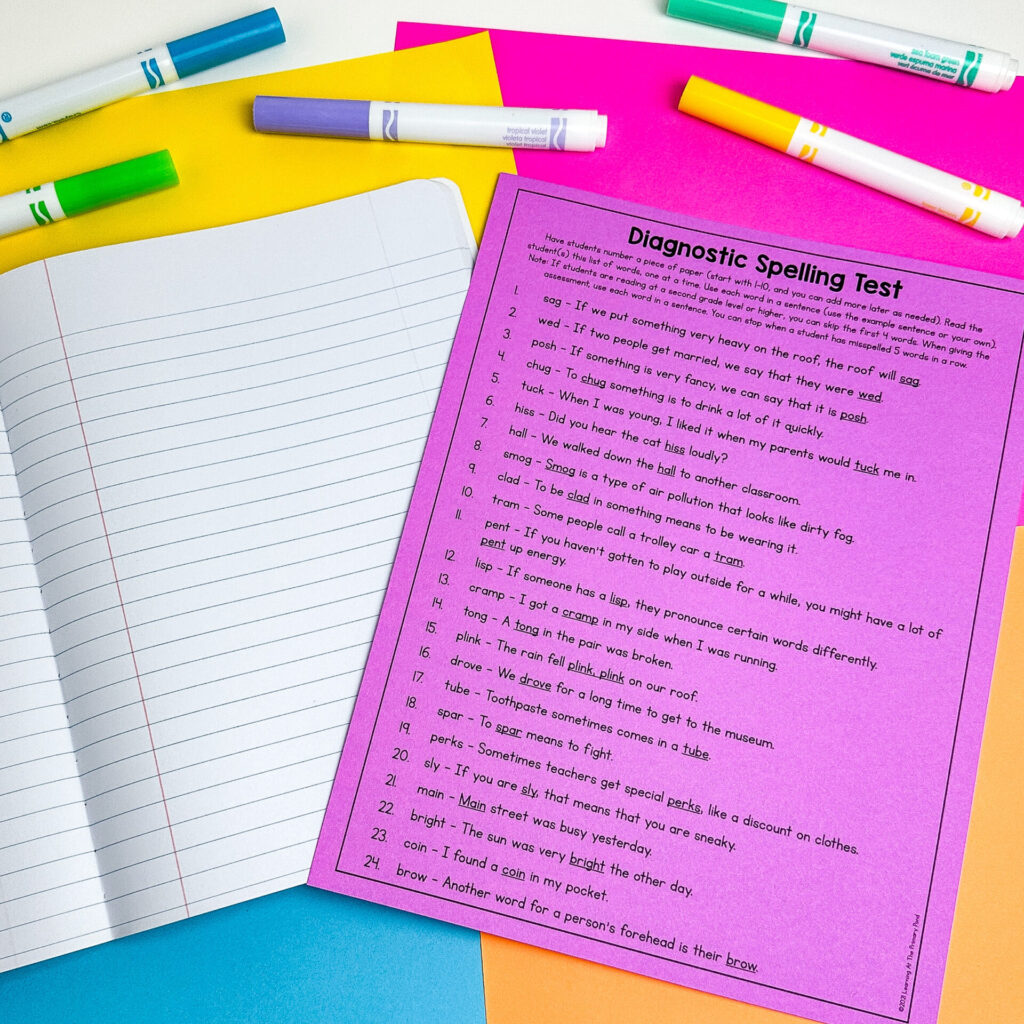
- Personal Interests Surveys: Use surveys or informal conversations to learn about your students’ interests, hobbies, and favorite books. Incorporating their interests into your instruction will boost engagement and motivation, even if it’s just occasionally creating sentences for them to read with their names and interests!
Collaborate with Classroom Teachers
- Regular Communication: Establish open lines of communication with classroom teachers. Share insights, strategies, and progress regularly to ensure a cohesive approach to student learning.
- Co-Teaching Opportunities: Whenever possible, collaborate with classroom teachers on lessons and activities. This integrated approach can provide students with a more consistent and supportive learning experience.
2. Get Parents On Board
Building parent and family relationships is so vital – but sometimes communicating with parents can be difficult, especially when you’re a reading specialist and not a child’s classroom teacher.
Despite the stress and logistics, it is important. Studies continue to show that building positive parent relationships in education directly impacts student achievement.
- Introduce Yourself: One of the most important things you can do right away is proactively introduce yourself to parents. Make sure their first interaction with you is positive. Here’s an example introductory letter included in my Free Parent Communication resource.
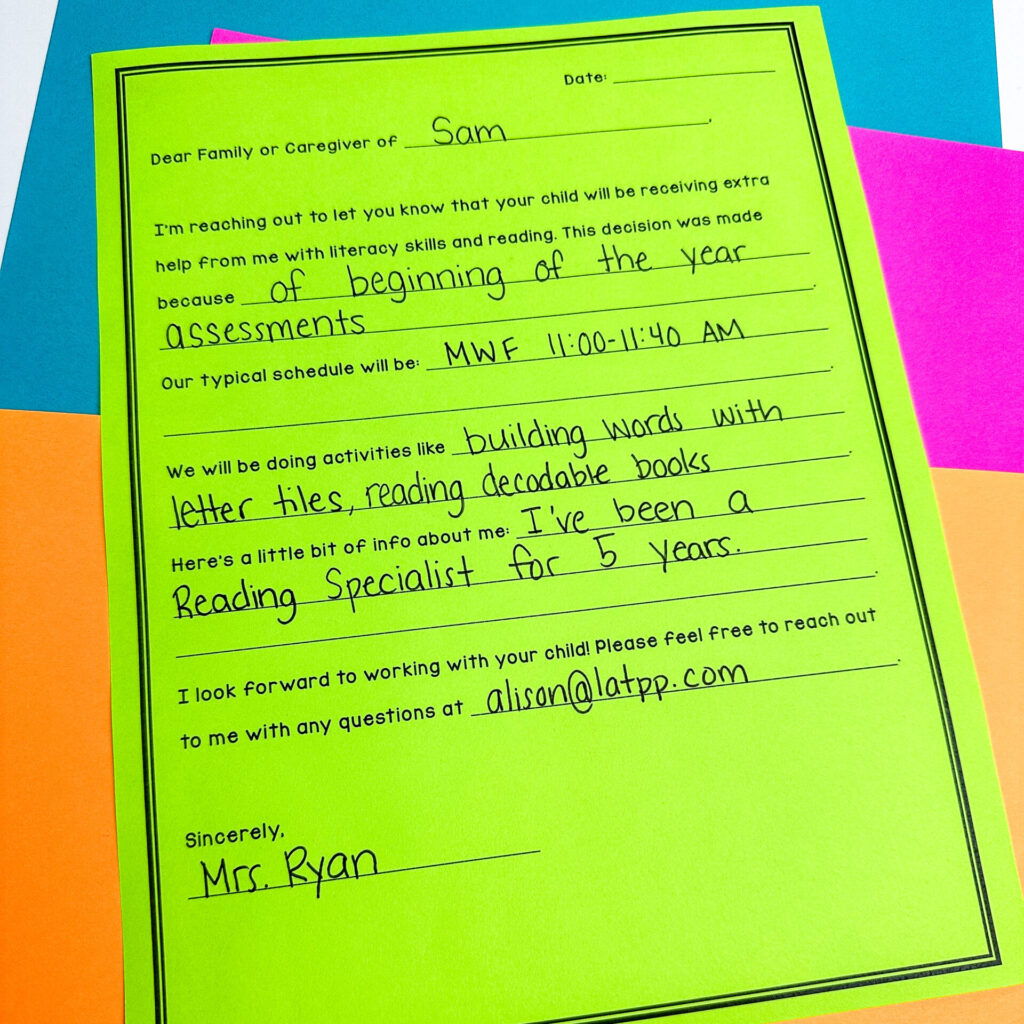
- Keep the Momentum Going: Establish routines that encourage parents to work with their students at home. While not all parents can help, providing information ensures they know how to support their children. Consider sending home these free communication letters:
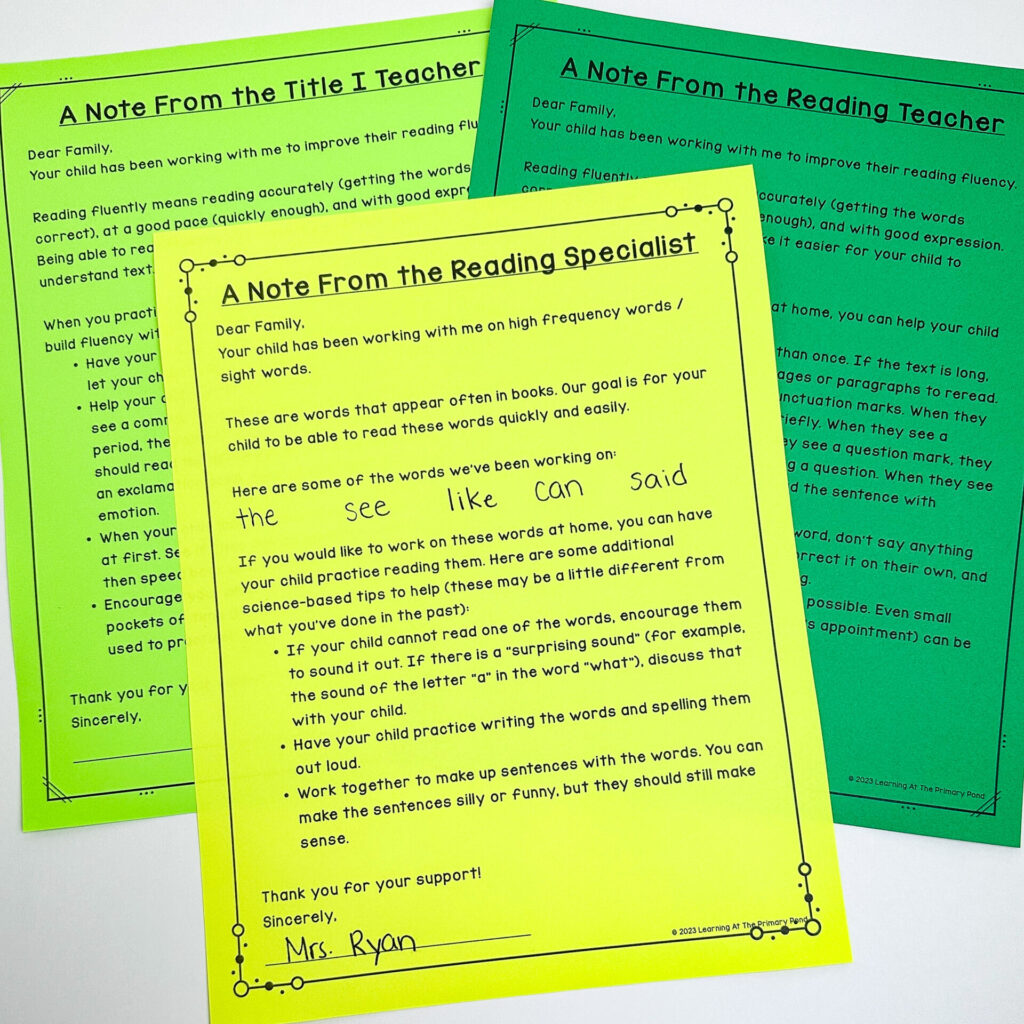
3. Implement Data-Driven and Flexible Instructional Strategies
Effective instruction is grounded in data and responsive to the evolving needs of your students.
Use Data to Inform Instruction
- Regular Progress Monitoring: Continuously monitor student progress through formative assessments, observations, and student feedback. Adjust your instruction based on the data to address specific needs and challenges. Set up a data tracking system from the start of the school year that makes it EASY for you to see students’ progress and needs!
- Individualized Learning Plans: Develop individualized learning plans for students. Set achievable goals and outline specific strategies to help each student succeed.
Be Flexible and Adaptive
- Differentiated Instruction: Use resources and strategies that have worked in this past – but approach each student with an open mind so you can meet their specific needs. Remember that even if you have a group of students who aren’t all on the same level, there will be opportunities for one-on-one time within your lessons. You could even set up a once-weekly practice where kids are working independently, and you work with kids or assess them one-on-one (just as if you were a classroom teacher).
- Reflect and Adjust: Regularly reflect on the effectiveness of your instructional strategies. Sometimes I like to drive home in silence just to let my mind process what’s happened during the school day. This “mental space” I intentionally create also helps me come up with new ideas to try when kids are stuck. The school day feels so “go, go, go” that we often don’t get this thinking time, so we have to create it for ourselves.
If you’d like to know more about which assessments I recommend, if you need student materials, or if you want to stay up to date on reading research, consider joining my Reading Intervention Collaborative membership!
This membership is perfect for K-5 reading specialists, or any teachers who want to learn more about:
- Root causes of students’ reading difficulties
- Signs of dyslexia, and how to treat dyslexia
- Evidence-based strategies for phonemic awareness, phonics, fluency, vocabulary, and comprehension
- Reading intervention with English Language Learners
- And more!
The Reading Intervention Collaborative membership also includes over 1,700 pages of printable materials – and counting!
Conclusion
Starting the year strong as a reading specialist involves building strong relationships with students and colleagues, getting parents involved, and implementing data-driven instructional strategies. By focusing on these three areas, you can set the stage for a successful and rewarding school year, helping your students develop skills and confidence.
Embrace the new school year with enthusiasm and dedication, and watch as your students thrive under your guidance and support!
Happy teaching!
